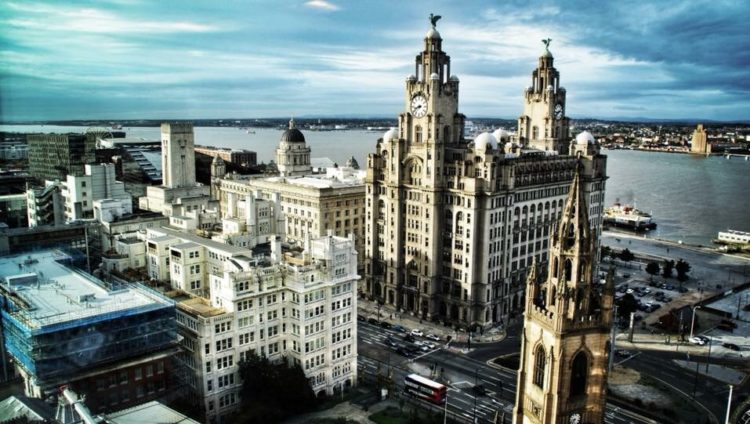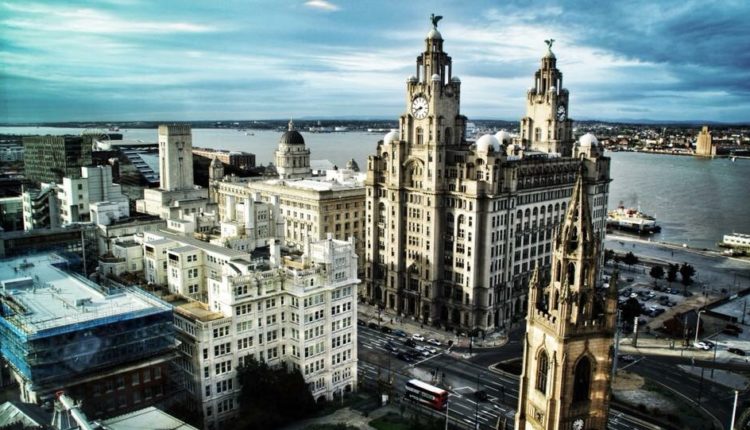Money will be used to accelerate the preparation of the document, which needs to be finished by the end of October, and is in addition to £1m which has already been received

Liverpool City Council has secured an additional £652,000 from the Government to complete its clean air plan.
The money will be used to accelerate the preparation of the document, which needs to be finished by the end of October, and is in addition to £1m which has already been received.
The cash will pay for transport and air quality monitoring and modelling, and to identify ways in which the council can ensure the city meets EU standards for nitrogen dioxide in the shortest possible time.
This summer Liverpool declared a climate emergency and has pledged to cut its carbon output to zero by 2030, appointed a dedicated cabinet member for environment and climate change and is setting up a new dedicated climate change select committee.
Work is already under way on a £45m connectivity strategy in the city centre to improve how people travel on a more environmentally sustainable basis, with an emphasis on upgrading the public realm for pedestrians and cyclists. The council is also looking at how public transport and active travel can be prioritised, so that one is not at the expense of the other.
It is also a major partner in the £4m URBAN GreenUP project, which includes a new phase of tree planting in the city centre. And it is investing in cycling and has already installed 100 bike stations, with Mayor of Liverpool Joe Anderson recently committing the council to match a £2m fund to create new cycle routes.
The council is undergoing a process of converting its own cleansing and refuse collection fleet away from diesel to alternative fuels, including electric and electric-hybrid. A total of 20 compressed natural gas vehicles (CNG) are due to be introduced by Liverpool Street Services later this year. In addition, the city’s taxis are being encouraged to go electric or low emissions.
Cabinet member for environment and climate change, Cllr Laura Robertson-Collins, said: “Our population is growing and that means higher levels of traffic which causes around 70% of air pollution across the city as a whole, with the worst air quality next to congested roads.
“The quality of air we breathe affects our health and wellbeing and we are all affected by it, particularly children and the elderly, and long-term exposure can contribute to heart disease, stroke and respiratory diseases like asthma.
“The city-wide clean air plan is a key piece of work to understand the challenges that we face and find ways to tackle the issue.”

